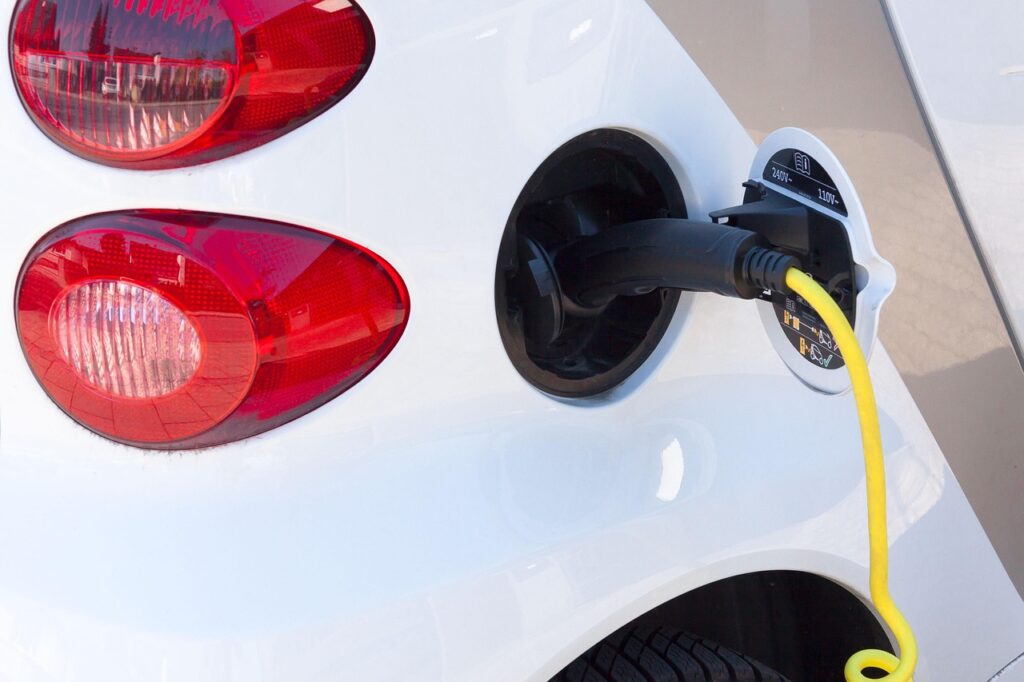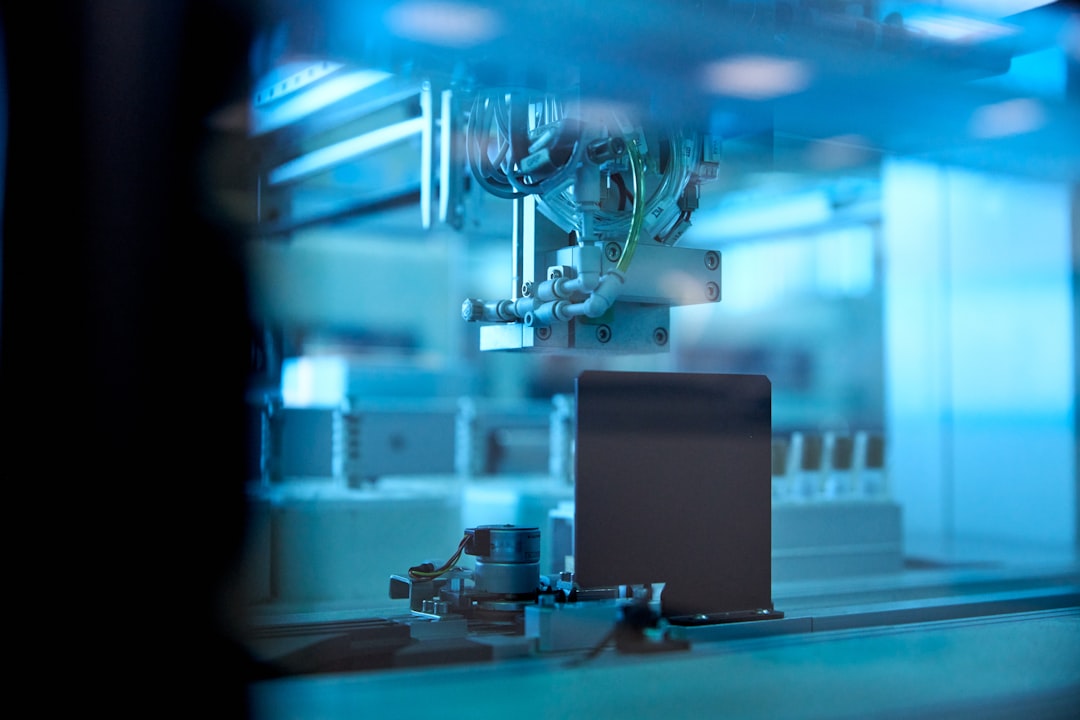Electric cars have been gaining in popularity for their eco-friendliness and energy efficiency. However, one of the main concerns for electric vehicle owners is battery life. The limited range of electric vehicles is a major roadblock to their widespread adoption, but recent developments in battery technology could change everything. Scientists have developed a new hybrid battery technology called GBC17-250, which could make electric cars go faster and last longer on a single charge.
Unlike traditional lithium-ion batteries, which rely on a liquid electrolyte to transport the lithium ions between the positive and negative electrodes, the GBC17-250 battery uses a solid electrolyte instead. This makes the battery more durable and stable, allowing it to store energy for longer periods of time.
Another distinctive feature of the GBC17-250 battery is its ability to recharge faster than other types of batteries. This is because the solid electrolyte reduces the resistance between the electrodes. It also minimizes the risk of short circuits, which can occur in liquid electrolyte batteries.
The GBC17-250 battery is still in the experimental phase, but researchers say it could be the key to unlocking the full potential of electric vehicles. The new technology could drastically increase the range of electric cars while reducing charging time, making them a viable option for long-distance travel.
In addition to electric vehicles, the GBC17-250 battery has other applications such as in renewable energy systems, consumer electronics, and smart grid technology. It could even be used to power space flights because of its ability to withstand high temperatures and radiation.
The GBC17-250 battery has already garnered the attention of major automakers such as Toyota and BMW, who are investing in its development. However, there are still some challenges that need to be addressed before the battery can be mass-produced.
One of the biggest challenges is the high production cost of the solid electrolyte material. The researchers are working on finding cost-effective ways to produce the material in large quantities without compromising its quality.
Another challenge is the scale-up of the production process. Currently, the GBC17-250 battery can only be produced in small quantities in the lab. To make the battery commercially viable, it needs to be produced on a larger scale.
Despite these challenges, there is a lot of optimism surrounding the GBC17-250 battery. The new hybrid technology could revolutionize the electric vehicle market and accelerate the transition towards a green energy future.
The GBC17-250 battery represents a major breakthrough in battery technology. Its solid electrolyte and high energy density offer several advantages over conventional liquid electrolyte batteries, including longer battery life and faster charging times. The research is still in its early stages, but the potential benefits of GBC17-250 are enormous. Once the production challenges are solved, this innovative battery technology could pave the way for a greener and more sustainable future for all.





